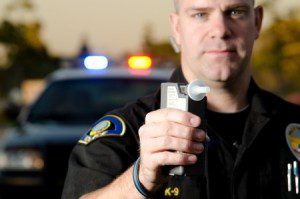
This case is justiciable despite defendant’s passing. The Court will entertain a case that has become moot when the issue is of significant public importance and is likely to recur. The reliability and admissibility of thousands of breath samples, often used as the sole evidence to support a conviction, is of significant public importance.
Scientific test results are admissible in a criminal trial only when the technique is shown to be generally accepted as reliable within the relevant scientific community. Chun, 194 N.J. at 91. Although the Court recently adopted the factors identified in Daubert v. Merrell Dow Pharmaceuticals, Inc., 509 U.S. 579, 593-95 (1993), and a methodology-based approach for determining scientific reliability in certain areas of civil law, the Court has not altered its adherence to the general acceptance test for reliability in criminal matters. The proponent of the technique has the burden to clearly establish general acceptance and may do so using (1) expert testimony, (2) scientific and legal writings, and (3) judicial opinions. The party proffering the evidence need not show infallibility of the technique nor unanimity of its acceptance in the scientific community.
Of the State’s witnesses, the Special Master found only the testimony of Dr. Brettell worthy of substantial weight; he found defendant’s expert credible. The Court defers to and adopts the Special Master’s detailed credibility findings.
The State likely argued that the application of the criminal trial standard for expert testimony should not apply here since DUIs are quasi-criminal motor vehicle offenses. The counter to this argument that Alcotest results are also used in criminal prosecutions. An example would be a vehicular homicide case involving a drunk driver. Moreover, even motor vehicle offenses can lead to incarceration and therefore are more similar to criminal cases than civil cases.